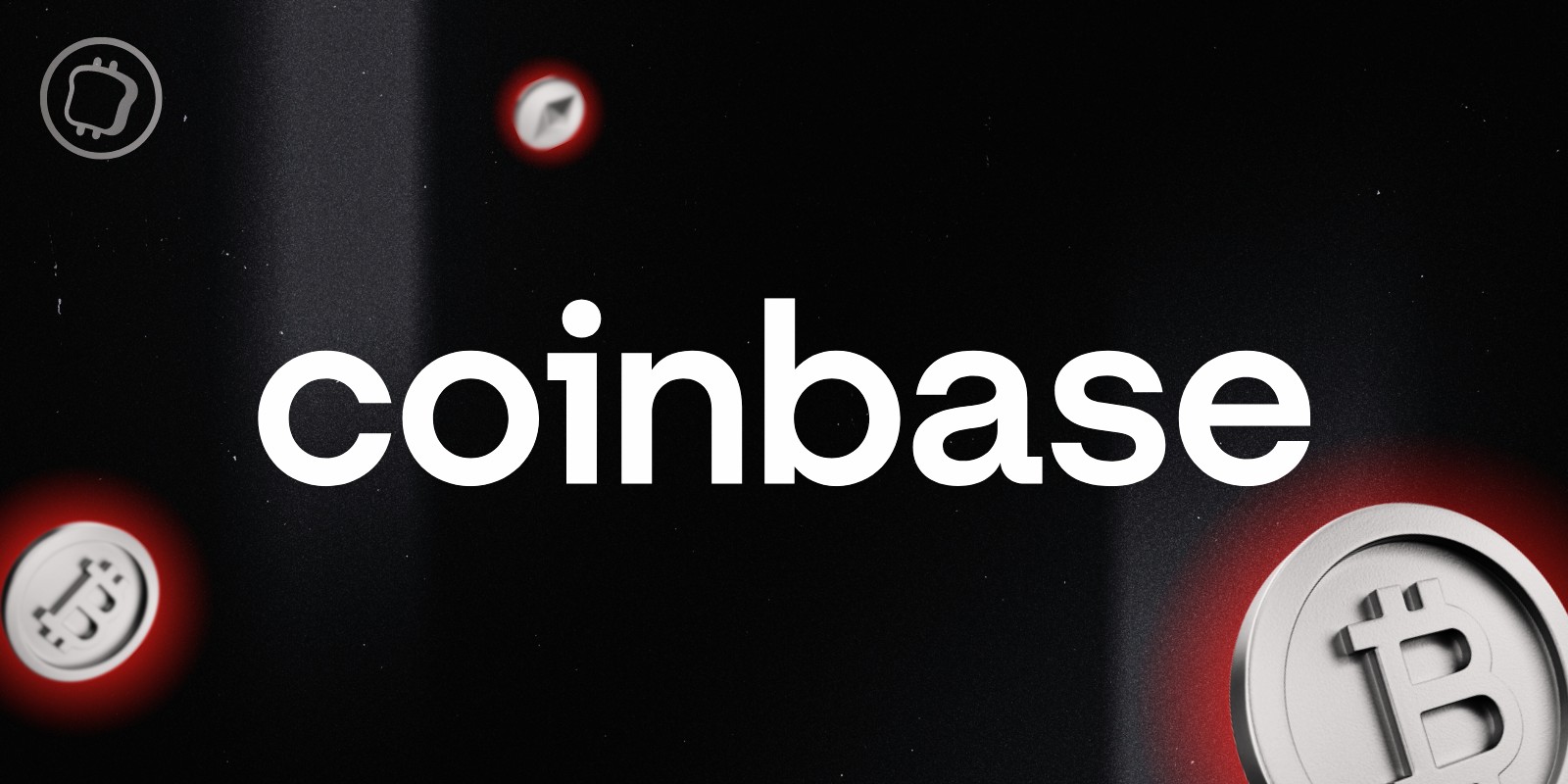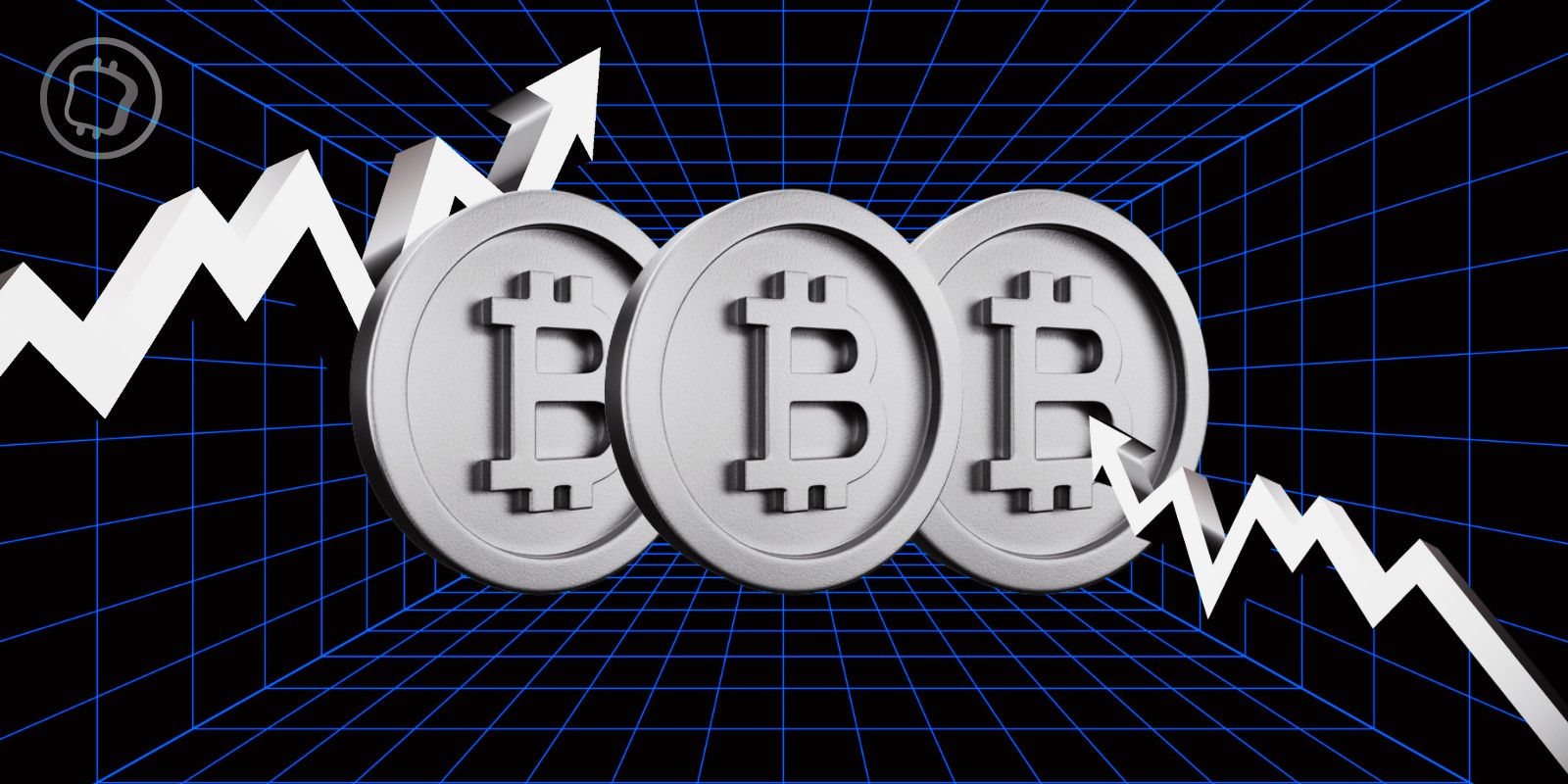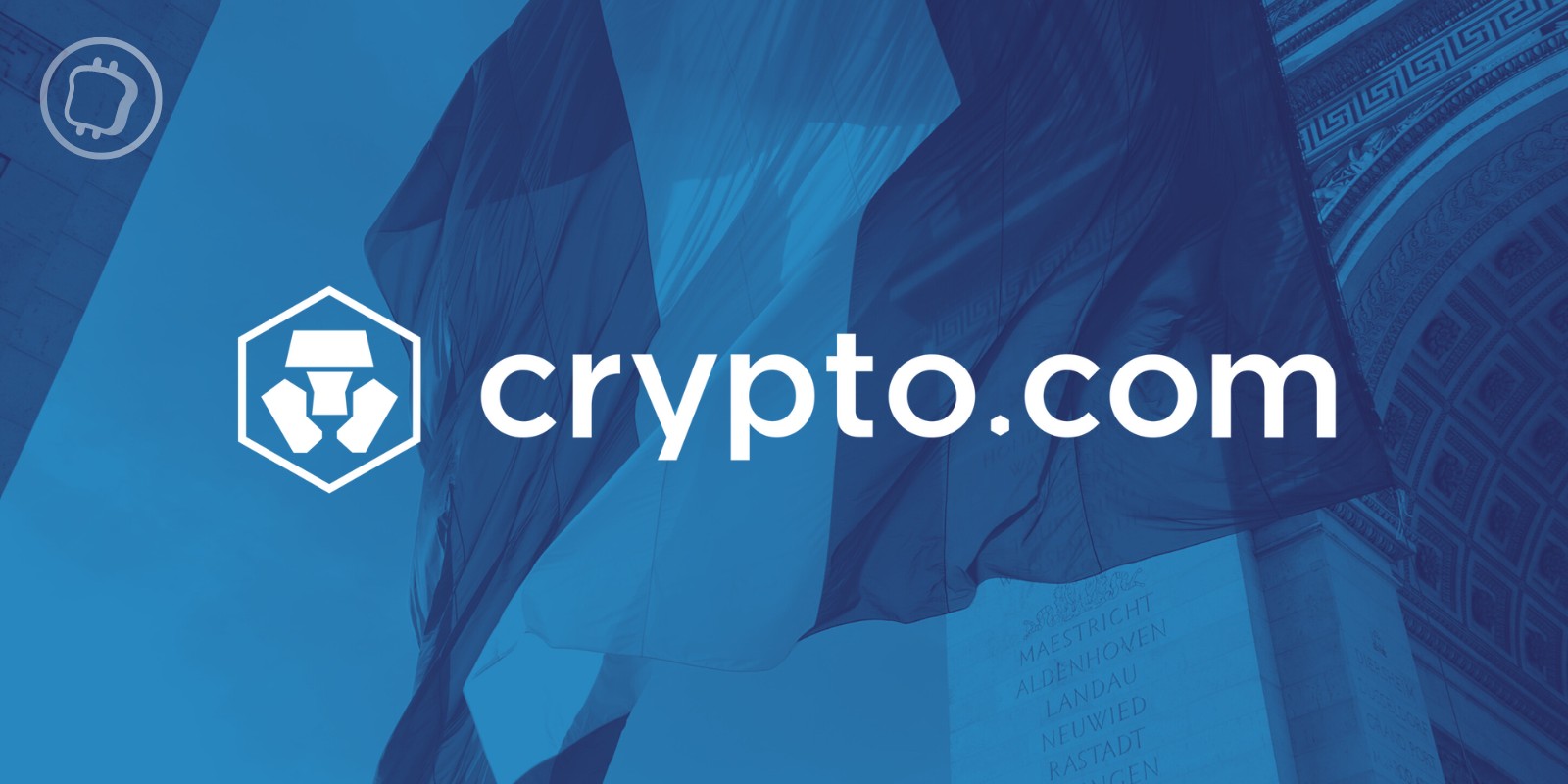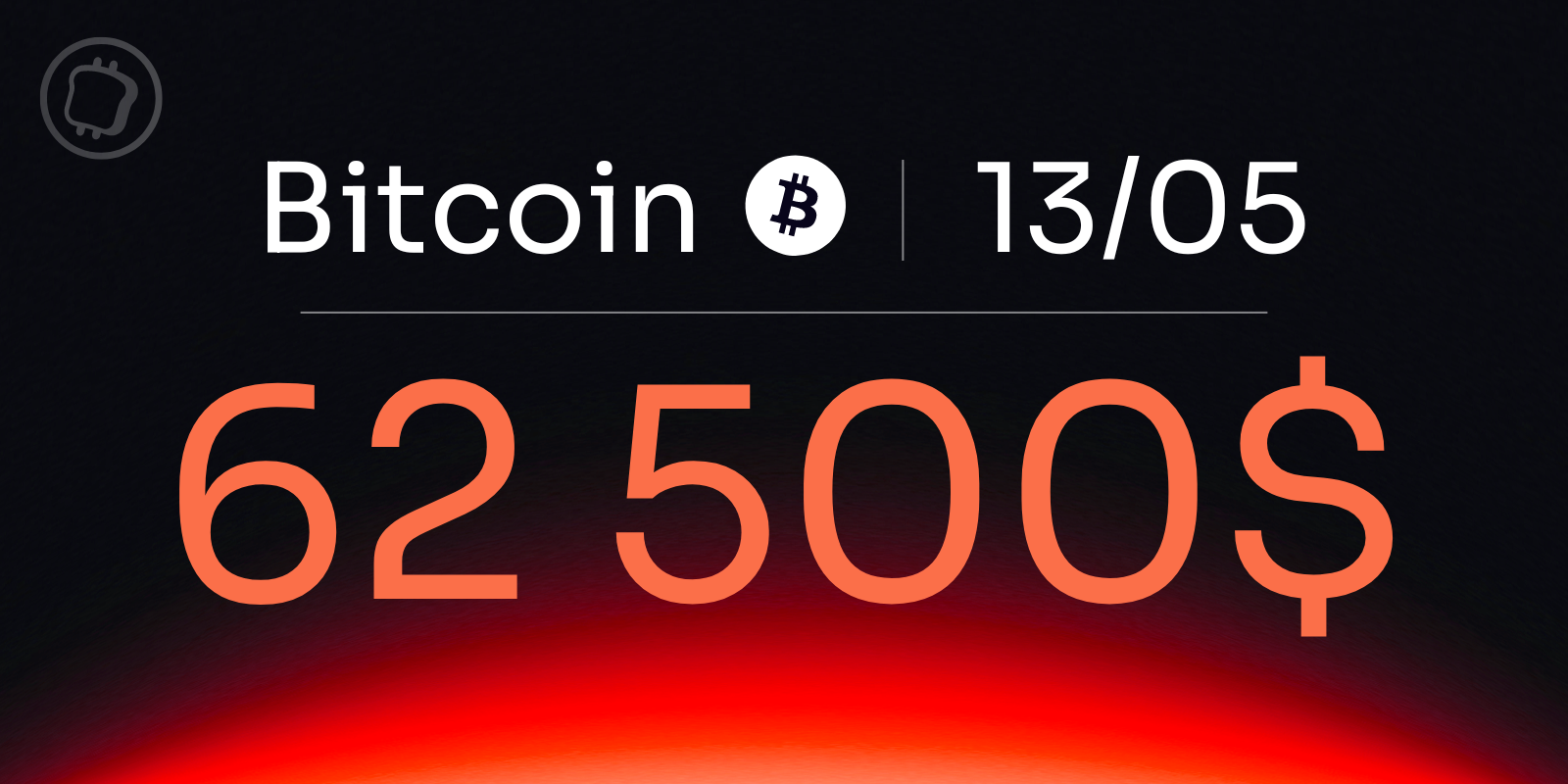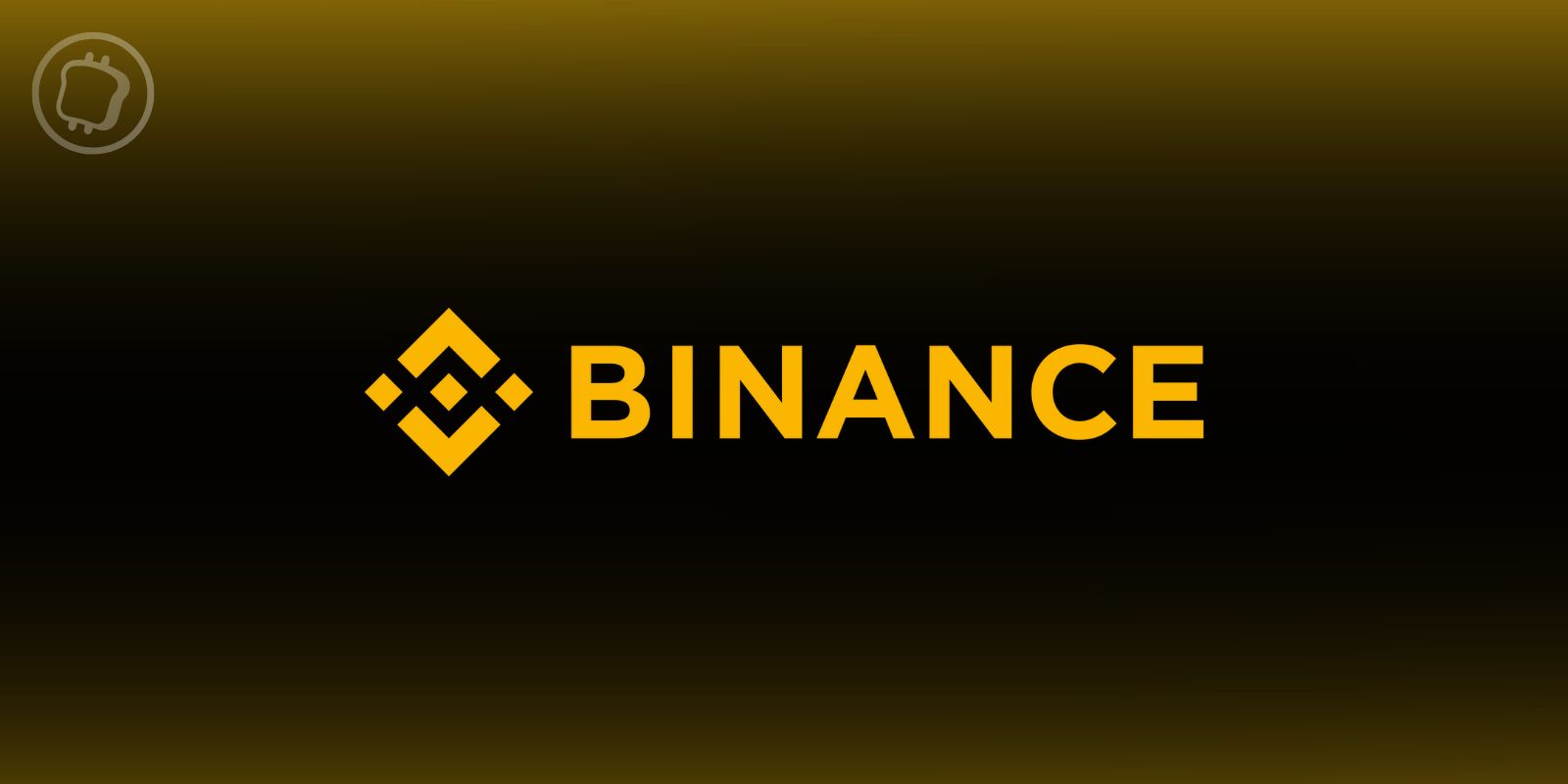Reunit is an innovative wallet that features a one-of-a-kind feature: omni-chain transfer. This means that users can simultaneously transfer cryptocurrencies from different blockchains in a single transaction and to any other blockchain. For the launch of its beta version, Reunit is planning an airdrop as well as a presale of its REUNI token. How to participate?
What is Reunit and what makes it special?
Reunit presents itself as the 1st omni-chain wallet. Concretely, this means that a user can simultaneously transfer or trade tokens from multiple blockchains at the same timeall in the same transaction and in the direction of any other blockchain.
The idea of creating such a wallet comes from Naim Boubziza blockchain developer who helped develop the DEX SushiSwap and the LayerZero and Stargate Finance protocols.
Besides, Reunit could not exist without the revolution initiated by LayerZero and Stargate Finance. Based on LayerZero, Stargate Finance makes it possible to transfer ERC-20 tokens from one blockchain to another in a decentralized way with reduced fees. It is on this technology that Reunit bases itself for all its cross-chain operations.
Let’s take a very simple example to illustrate the interest of this feature. Suppose a user holds 1,000 USDC distributed among several blockchains, namely Ethereum, Polygon and Avalanche.
He therefore has an overall purchasing power of 1,000 USDC, but cannot interact with all of his funds in a single transaction. If, for example, he wishes to place his USDC in staking on a decentralized finance protocol (DeFi), he will then have to execute at least 3 transactions, which will generate costs. This is where the Reunit wallet changes the game and allows the user to use all of their funds in a single transaction..
The 1st omni-chain wallet ⛓️
Presale of the token on February 28 🌐

This unique feature of Reunit has far-reaching implications for both decentralized applications (dApps) and users:
- for dApps : more liquidity, volumes, transactions and the possibility of attracting users from other blockchains are to be made compatible with them. To best fulfill this objective, a dApp Store will be accessible directly from Reunit;
- for users : significant savings on transaction fees and the possibility of using applications initially reserved for other blockchains.


Overview of the Reunit interface
The Reunit wallet has its own token, the REUNI. Initially dedicated to playing a role in the governance of Reunit, the uses of this token will multiply over time. More details on the roles and Tokenomics of REUNI are specified later in this article.
For the launch of its version betaa pre-sale of the REUNI token is organized on February 28.
👉 You can participate in the presale of REUNI tokens from this dedicated page
Those most concerned about respecting their privacy will be delighted to know that Reunit does not keep connection logs of its users (IP address, digital fingerprint, connection date, wallet address, etc.) nor the content of the various requests and transactions.
It should also be noted that cryptocurrency transfers from one Reunit user to another do not incur any fees other than those applied by the selected native blockchain and Stargate usage fees.
To propose such an innovation, the Reunit wallet uses its own RPC nodeitself connected to all the blockchains that Reunit supports.
Here’s how it works using the example of Uniswap and considering the USDC balance on the wallet.
- Reunit uses WalletConnect to establish a connection with Uniswap;
- Reunit then injects its own RPC node;
- When Uniswap queries the USDC balance of an address, Reunit’s custom RPC node understands this and sends a request to each of the blockchains, to return the cumulative USDC balance available to Uniswap;
- Finally, when Uniswap for example initiates a swap including USDC, Reunit will:
- Detect on which network the transaction should be executed;
- Decode the transaction;
- If the necessary balance is available on the network, the transaction is executed;
- i. Otherwise, Reunit checks the available balance on all other blockchains;
- ii. Reunit transfers funds from other blockchains to the blockchain where the transaction is to be executed;
- iii. Once the balance is available, the transaction is executed.


How Reunit Architecture Works
The 1st omni-chain wallet ⛓️
Presale of the token on February 28 🌐




Roles and Tokenomics of the REUNI token
What are the roles of the REUNI token?
The Reunit wallet ecosystem revolves around its token, the REUNI. To begin with, REUNI will play the role of a governance token. REUNI holders will have the opportunity to influence the development of the portfolio and becoming a member of the Decentralized Autonomous Organization (DAO) of the project.
In the longer term, REUNI token holders are expected to get benefitssuch as the reimbursement of part of the gas costs or even sharing 50% of the costs generated by the Reunit dApp Store.
What are the Tokenomics of REUNI?
In total, 10 million REUNI tokens will be issued. Here is how the issuance of these tokens will be carried out over time:
presale : 1 million REUNI at $1 :
- 50% without lockup;
- 50% with blocking of 6 months.
Sale : 1 million REUNI at $2:
- 75% without lockup;
- 25% with 3 month blocking.
Airdrop : 2 million REUNI to holders of STG, veSTG and aaSTG tokens:
- 25% without blocking;
- 75% with 9 months blocking.
Moreover, the Stargate Finance community is currently called upon to vote to decide on the conditions to be applied to this airdrop. At the time of writing these lines, more than 9,000 people have already taken part in this vote.
The remaining 6 million REUNI tokens will be issued at 250,000 units per month. Thus, all REUNI tokens will be put into circulation after 2 years.
Here is in what proportions these 6 million tokens will be distributed:
- 33% to provide liquidity on the Uniswap and PancakeSwap DEXs as well as several centralized platforms;
- 33% to provide liquidity so that REUNI can be used directly through the Stargate protocol;
- 34% to ensure the development of Reunit over the long term.


Allocation of REUNIT tokens
👉 You can also participate in the presale of REUNI tokens from this dedicated page
The next steps for Reunit
In the short term
1st step of the launch of the Reunit wallet, the presale of its REUNI token. This will begin on February 28. A beta version of the wallet will be available soon after. Then, the public sale of the token will take place at the end of March. Next will come the airdrop for STG and veSTG and aaSTG token holders, which will take place on March 29.
On the long term
Here are some of the features that will join the Reunit ecosystem in 2023.
dApp Store
Any decentralized application will have the possibility of being referenced within the Reunit dApp Store. To do this, dApps will need to hold a certain amount of REUNI tokens and stake them.
Thanks to this dApp Store, decentralized applications will thus have the possibility of forging a community of users who use other blockchains than their own. In addition, each transaction made through the dApp Store will incur a 0.1% fee, half of which will be redistributed to users who stack REUNI.
Mobile version
A mobile version will be developed and available on iOS and Android.
Reimbursement of gas expenses
The REUNI token can be used to reimburse part of the transaction costs of users.
Compatibility with Ledger and other wallets
Once the Reunit beta is live, the team will look into its compatibility with hardware wallets like those from Ledger. This will add an extra layer of security.
The 1st omni-chain wallet ⛓️
Presale of the token on February 28 🌐




Financial transparency: We inform our readers that the company Cryptoast SAS and managers and employees of the company Cryptoast SAS participated in the fundraising of this project or took stakes in the company behind this project.
Newsletter 🍞
Receive a summary of crypto news every Monday by email 👌
What you need to know about affiliate links. This page presents assets, products or services relating to investments. Some links in this article are affiliated. This means that if you buy a product or register on a site from this article, our partner pays us a commission. This allows us to continue to offer you original and useful content. There is no impact on you and you can even get a bonus by using our links.
Investments in cryptocurrencies are risky. Cryptoast is not responsible for the quality of the products or services presented on this page and could not be held responsible, directly or indirectly, for any damage or loss caused following the use of a good or service highlighted in this article. Investments related to crypto-assets are risky by nature, readers should do their own research before taking any action and only invest within the limits of their financial capabilities. This article does not constitute investment advice.
AMF recommendations. There is no guaranteed high return, a product with high return potential involves high risk. This risk-taking must be in line with your project, your investment horizon and your ability to lose part of this savings. Do not invest if you are not ready to lose all or part of your capital.
To go further, read our Financial Situation, Media Transparency and Legal Notices pages.



